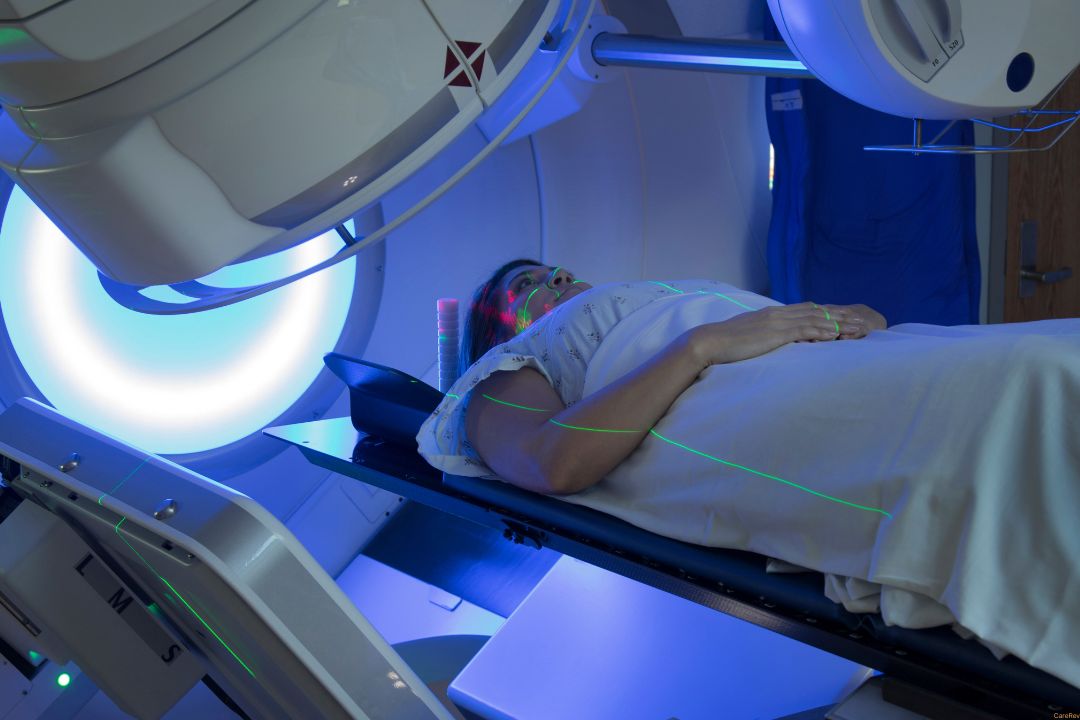
Substance use disorders (SUDs) are a public health crisis that impacts millions of individuals worldwide. As the need for addiction treatment grows, healthcare systems are leaning on specialized professionals to help address this complex issue. Substance abuse nurses, also known as addiction nurses, play a critical role in supporting individuals on their path to recovery. But what exactly does a substance abuse nurse do, and how do they contribute to the broader healthcare landscape? In this blog post, we’ll explore the role, responsibilities, and career path of a substance abuse nurse, along with the challenges and rewards of this specialized nursing field.
Table of contents:
- What is a substance abuse nurse?
- Key responsibilities of a substance abuse nurse
- Why are substance abuse nurses vital in healthcare?
- How substance abuse nurses make an impact
- Core skills and traits of a successful substance abuse nurse
- How to become a substance abuse nurse
- Where do substance abuse nurses work?
- Challenges and rewards of being a substance abuse nurse
- The future of substance abuse nursing
- How healthcare professionals can support substance abuse nurses
- Is substance abuse nurse the right role for you?
What is a substance abuse nurse?
A substance abuse nurse is a registered nurse (RN) who specializes in caring for patients dealing with addiction and substance use disorders. These nurses work closely with individuals struggling with various forms of addiction, including alcohol, prescription drugs, and illicit substances. Their role is multifaceted, combining clinical care, emotional support, and patient education.
Key responsibilities of a substance abuse nurse include:
- Assessing patients to determine the severity of their addiction.
- Assisting with detoxification and withdrawal management.
- Administering medications, such as methadone or buprenorphine, as part of medication-assisted treatment (MAT).
- Providing counseling and education to patients and their families.
- Collaborating with interdisciplinary teams, including social workers, counselors, and physicians.
These nurses are not just caregivers but advocates for their patients, working to reduce the stigma surrounding addiction and promote a supportive environment for recovery.
Why are substance abuse nurses vital in healthcare?
The importance of substance abuse nurses cannot be overstated, especially as the prevalence of substance use disorders continues to rise. According to the 2023 United States National Survey on Drug Use and Health (NSDUH) 48.5 million Americans (aged 12 and older) battled a substance use disorder in the past year. This growing crisis underscores the need for specialized healthcare professionals who can provide comprehensive care and support.
How substance abuse nurses make an impact:
- Improved patient outcomes: These nurses play a pivotal role in helping patients navigate the often challenging recovery process, reducing the likelihood of relapse and improving overall health.
- Bridging the gap in care: By combining clinical expertise with compassionate support, substance abuse nurses address both the physical and psychological aspects of addiction.
- Promoting public health: Substance abuse nurses are also involved in community education and advocacy, helping to break down barriers to treatment and raise awareness about addiction as a medical condition. Learn more about the importance of public health in our related blog.
Core skills and traits of a successful substance abuse nurse
Substance abuse nursing is a demanding but rewarding field that requires a unique combination of skills and personal attributes. To excel in this role, nurses must possess both clinical knowledge and strong interpersonal skills.
Essential skills for substance abuse nurses:
- Interpersonal skills: Compassion, empathy, and active listening are crucial when working with patients who may feel vulnerable or stigmatized.
- Clinical expertise: Familiarity with detox protocols, MAT, and the management of comorbid mental health conditions is essential.
- Advocacy and education: Substance abuse nurses must be skilled at educating patients and families about addiction, treatment options, and recovery strategies.
- Adaptability: Each patient’s journey is unique, requiring nurses to tailor their approach to meet individual needs.
In addition to these skills, successful substance abuse nurses often have a deep sense of purpose and a commitment to helping others overcome significant challenges.
How to become a substance abuse nurse
If you’re interested in becoming a substance abuse nurse, there are specific educational and professional steps you’ll need to take.
Educational requirements:
- Earn a nursing degree: Start by completing an accredited nursing program to obtain an RN or BSN degree.
- Pass the NCLEX-RN: All aspiring RNs must pass this national licensing exam to practice nursing.
- Gain experience: Many substance abuse nurses begin their careers in general medical or psychiatric nursing before specializing.
Specialty certifications:
- Certified Addiction Registered Nurse (CARN)
- Certified Addiction Registered Nurse-Advanced Practice (CARN-AP)
These certifications, offered by the International Nurses Society on Addictions (IntNSA), demonstrate a commitment to the field and enhance career prospects.
Professional experience: Substance abuse nurses often gain experience in psychiatric units, rehabilitation centers, or community health settings, where they can develop the skills needed to care for individuals with addiction.
Where do substance abuse nurses work?
Substance abuse nurses can be found in a variety of healthcare settings, each offering unique opportunities and challenges.
Common workplaces include:
- Rehabilitation centers: Both inpatient and outpatient facilities.
- Hospitals: Particularly in psychiatric and emergency departments.
- Community health organizations: Nonprofits and public health agencies focused on addiction services.
- Correctional facilities: Addressing addiction within incarcerated populations.
Emerging opportunities: With the rise of telehealth, substance abuse nurses are increasingly involved in virtual addiction treatment, providing care and support remotely. Holistic care centers that integrate traditional and alternative therapies are also growing in popularity.
Challenges and rewards of being a substance abuse nurse
Like any nursing specialty, substance abuse nursing comes with its own set of challenges and rewards. Understanding these can help you determine if this path aligns with your professional goals.
Challenges:
- Emotional toll: Working with patients in crisis can be emotionally draining.
- Stigma: Nurses may encounter societal misconceptions about addiction, which can impact their work.
- Complex cases: Many patients have co-occurring mental health disorders or chronic illnesses, requiring a high level of expertise.
Rewards:
- Making a difference: Few careers offer the chance to impact lives as profoundly as substance abuse nursing. Helping patients achieve sobriety and reclaim their lives is incredibly fulfilling.
- Building meaningful relationships: Substance abuse nurses often form deep, trusting connections with their patients.
- Professional growth: This specialty offers opportunities to develop a wide range of skills, from counseling to medical management.
The future of substance abuse nursing
As addiction treatment continues to evolve, so too does the role of substance abuse nurses. Here are some trends shaping the future of this field:
Advancements in treatment:
- Medication-assisted treatment (MAT): New medications and protocols are making detox and recovery safer and more effective.
- Trauma-informed care: An increasing focus on addressing the underlying trauma that often contributes to addiction.
Expanding roles: Substance abuse nurses are taking on leadership positions, influencing public health policies, and advocating for systemic change in addiction treatment.
How healthcare professionals can support substance abuse nurses
Substance abuse nurses are most effective when supported by a collaborative and empathetic healthcare environment.
Ways to support substance abuse nurses:
- Foster interdisciplinary collaboration: Encourage teamwork between nurses, physicians, social workers, and other professionals.
- Provide ongoing education: Offer training on the latest addiction treatments and best practices.
- Address burnout: Implement policies to support mental health and work-life balance for substance abuse nurses.
By creating a supportive environment, healthcare organizations can empower substance abuse nurses to provide the best possible care for their patients.
Is substance abuse nurse the right role for you?
Substance abuse nurses are essential to addressing one of the most pressing public health challenges of our time. Through their expertise, compassion, and dedication, they help individuals navigate the difficult path to recovery, making a lasting impact on their patients’ lives and the healthcare system as a whole.
If you’re a healthcare worker considering a career in substance abuse nursing, there’s no better time to get involved. The demand for skilled addiction specialists continues to grow, offering countless opportunities to make a meaningful difference.





